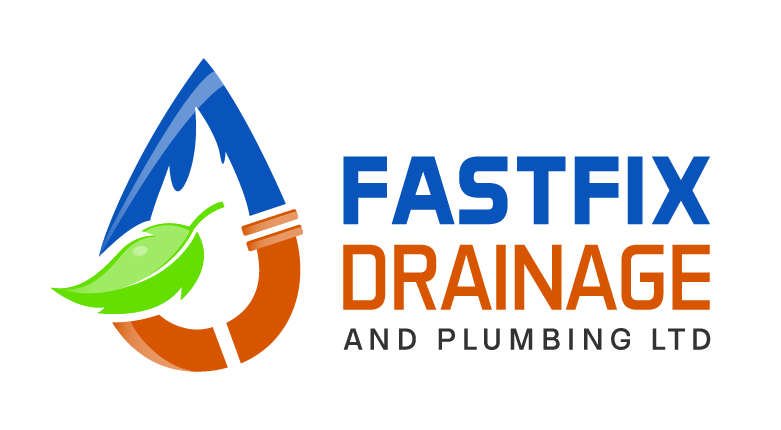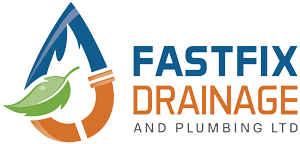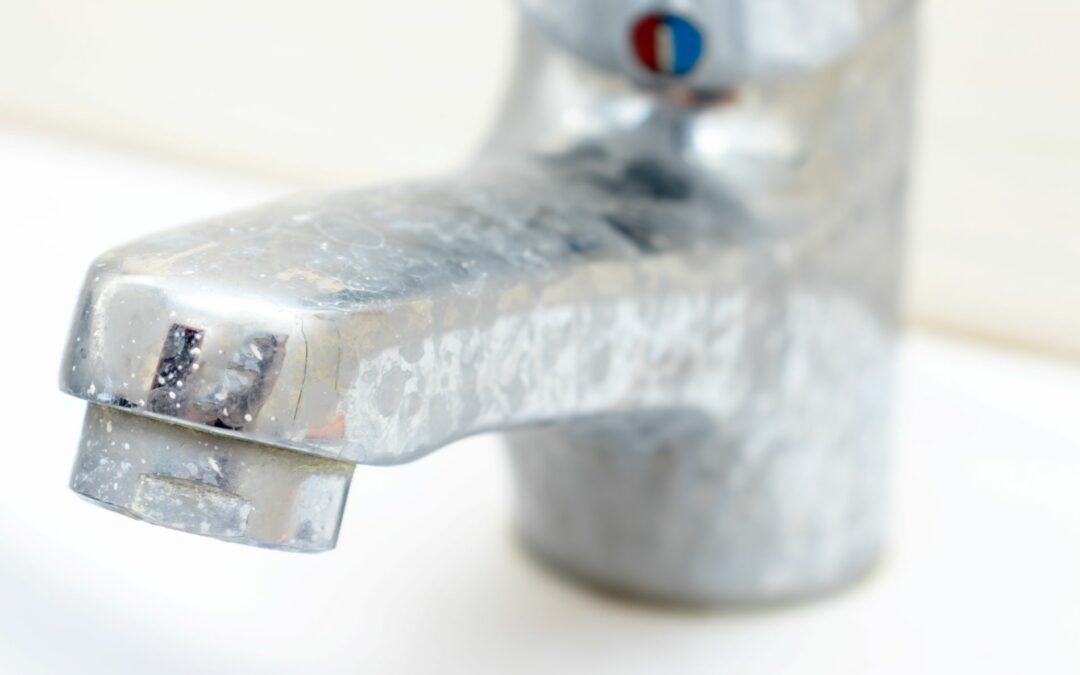Hard water may seem harmless at first glance. However, its impact on your plumbing and appliances is often underestimated. In this article, we will explore the detrimental effects of hard water and why it’s important to address this issue before it takes a toll on your home.
Understanding Hard Water:
Hard water is characterised by high mineral content, primarily calcium and magnesium ions. While these minerals are not harmful to human health, they can wreak havoc on your plumbing and appliances over time. As hard water flows through pipes and interacts with household appliances, it leaves behind deposits that gradually accumulate and cause various issues.
Signs and Symptoms of Hard Water:
Hard water leaves telltale signs on faucets, showerheads, and glass surfaces in the form of mineral deposits. These deposits can lead to scaling and discoloration.
How Hard Water can Impact your Plumbing :
Pipe Clogging: One of the most common problems associated with hard water is the gradual buildup of limescale within pipes. This accumulation can lead to reduced water flow, increased water pressure, and eventually, complete blockages. Clogged pipes not only affect the efficiency of your plumbing system but can also result in costly repairs.
Reduced Water Heater Efficiency: Hard water takes a toll on water heaters by forming a layer of scale on the heating elements. This insulating layer forces the heater to work harder, decreasing its efficiency and lifespan. As a result, you may find yourself facing higher energy bills and the need for premature water heater replacement.
How Hard Water can Damage Appliances:
Dishwashers and Washing Machines: Appliances like dishwashers and washing machines are particularly vulnerable to the effects of hard water. Limescale buildup can interfere with their proper functioning, leading to decreased performance and increased energy consumption. Over time, this can translate into costly repairs or the need to replace these appliances sooner than expected.
Coffee Makers and Kettles: Small appliances like coffee makers and kettles can also fall victim to hard water. The buildup of mineral deposits can affect the heating elements, resulting in slower boiling times and a compromised taste in your morning brew.
Solutions & Prevention
Addressing the impact of hard water on your plumbing and appliances requires a proactive approach:
Water Softeners: Installing a water softener is an effective solution to combat hard water issues. These devices work by exchanging calcium and magnesium ions with sodium ions, preventing scale buildup in pipes and appliances.
Regular Maintenance: Conduct routine maintenance on your appliances and plumbing system. Periodically clean out pipes and descale appliances to minimise the impact of hard water.
Water Quality Testing: Consider testing your water quality to determine the hardness level. Armed with this information, you can implement targeted solutions to mitigate the effects of hard water on your home.
Conclusion:
The impact of hard water on your plumbing and appliances is a silent threat that can lead to significant expenses if left unaddressed. By understanding the problems associated with hard water and taking proactive measures, you can protect your home from the damaging effects of mineral deposits, ensuring the longevity and efficiency of your plumbing and appliances.



